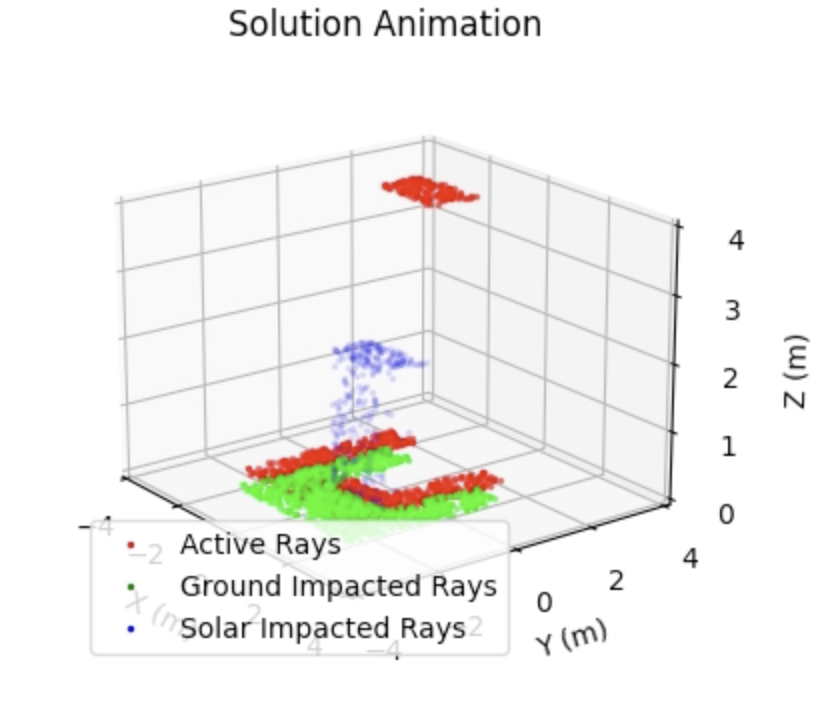
PROJECT DESCRIPTION
Vertical aeroponic systems are a soil-free method of growing plants in vertical towers, where nutrient-rich mist is used to nourish the plants. With a growing global population and the effects of climate change, we need to find ways to produce more food with limited land and resources. Vertical aeroponics provides a promising solution to this challenge, as it requires less land and water than traditional farming, and can be located in urban areas for easy access to consumers. This method also enables year-round cultivation, ensuring a constant supply of fresh produce, even in harsh climates, and eliminates the need for harmful pesticides.
However, there are some significant challenges to overcome before implementation, particularly regarding the energy-intensive nature of the system, which relies on sufficient grow lights and extra power to pump water to the plants on the tower top. As the system is scaled up, ensuring efficient operation becomes even more challenging.
To address these problems, our project aims to develop a simulation model to evaluate the outer shape and height of growth towers to maximize light absorption and balance energy consumption. Furthermore, we plan to use genetic algorithm to determine the best tower shapes and arrangements based on farm size and required plant quantities. Our research goal is to provide a comprehensive solution for energy-efficient and sustainable plant cultivation using growth towers.
RESEARCHERS
PI: Tarek Zohdi, GSR: Shao-Yi Yu
This work is supported by the USDA/NSF AI Institute for Next Generation Food Systems (AIFS) through the AFRI Competitive Grant no. 2020-67021-32855/project accession no. 1024262 from the USDA National Institute of Food and Agriculture.

